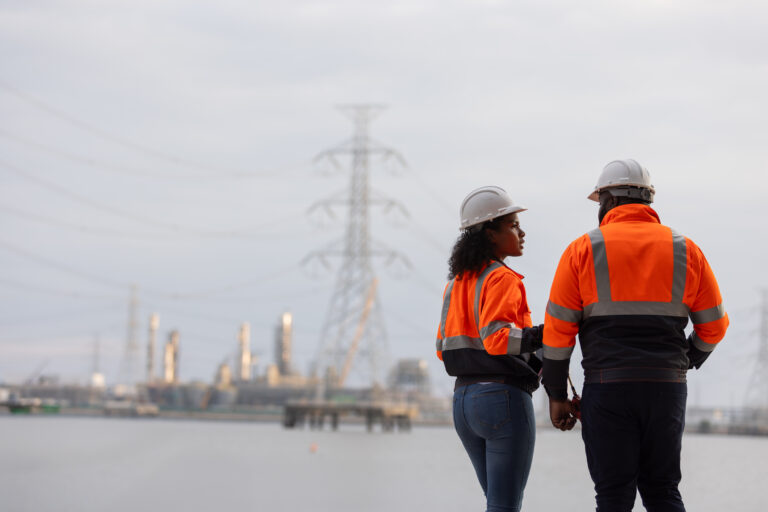The Cost of Energy
One view is that whilst we are likely to see short term volatility, over the longer term, energy markets will continue to be largely driven by the underlying supply/demand fundamental and technical drivers. The inevitable fall in the value of the pound may see energy costs increase, which would make all imports more expensive in the short to medium term. The cost of power, gas and oil could increase in the short term as part of this; energy from interconnectors, continental gas and crude oil are traded in euros and dollars. A weaker pound against those currencies would mean the cost of power, gas and oil would rise – but how long before markets settled down, nobody knows.
Internal Energy Market (IEM)
One of the biggest decisions to be made for the energy industry is whether the UK remains in the Internal Energy Market (IEM). It is important to note that it is still possible to be part of the IEM without being an EU member.
The benefits of remaining in this market appear to outweigh the negatives. For instance, the IEM makes it easier to trade across borders, boosting liquidity and cross-border balancing. Its reinforcement through the Energy Union project would also make cross-border energy markets a reality, including capacity market integration.
Losing these benefits will undoubtedly impact the cost of energy as well as our security of supply. Non-commodity charges, interconnector volumes and security of supplies will only be affected if the EU decided to block the flow of electricity and gas to the UK – this is unlikely as the EU already supplies energy to countries outside the EU and it would reduce revenues of countries that export to the UK. If the UK does remain in the IEM, arrangements for the energy industry could look broadly similar to the status quo.
Climate Change
It’s unlikely that Brexit will have much impact on the UK’s climate change policies, mainly because the UK government has already gone further than the EU when it comes to reducing carbon emissions. The Government has pledged to close all coal-fired power stations by the middle of the next decade, and has committed to zero carbon emissions by 2050. Regardless of EU membership, we are already on a path to decarbonisation and policies to deliver that, so things like the Contracts for Difference and Capacity Mechanism won’t budge off our bills any time soon.
Investment
This is one area that could be seriously impacted by the decision to leave the EU. The fact is that the UK requires up to £19 billion of investment in new infrastructure every year between now and 2020: that’s 60% of the UK’s total infrastructure costs for the rest of the decade. Much of our energy investment comes from foreign-owned organisations, from new nuclear to gas power stations and offshore wind farms.
Investors need long term stability and political certainty from the market they invest in. The negotiations that follow over the coming months, as we determine the future of a post-Brexit UK, will be watched keenly by potential investors – but it is clear that this will deter investors in the short term. The ability of the UK to secure much-needed investment in new energy infrastructure will be decided by the way in which the Brexit is managed, including the need to create new trade agreements. Investment would almost certainly be put on hold until this strategy has been agreed.
However, capacity margins are already looking tight into the future – and new power stations take years to plan and construct – so any further delays in that investment could have a detrimental effect on security of supply.
What next for the energy market?
The fundamental issues that were impacting the energy market before the referendum still remain, and some are further compounded by the uncertainty that could put off investors in new infrastructure, or the threat of more difficult trading terms with the rest of the continent.
From managing your position in more volatile markets, to understanding how the bigger issues could impact non-commodity costs and security of supply; keeping abreast of the big issues and focusing on your energy strategy is now more important than ever!
For more information or to understand how we can assist with your energy strategy, call Zenergi on 0845 873 4463 or email bepositive@zenergi.co.uk













